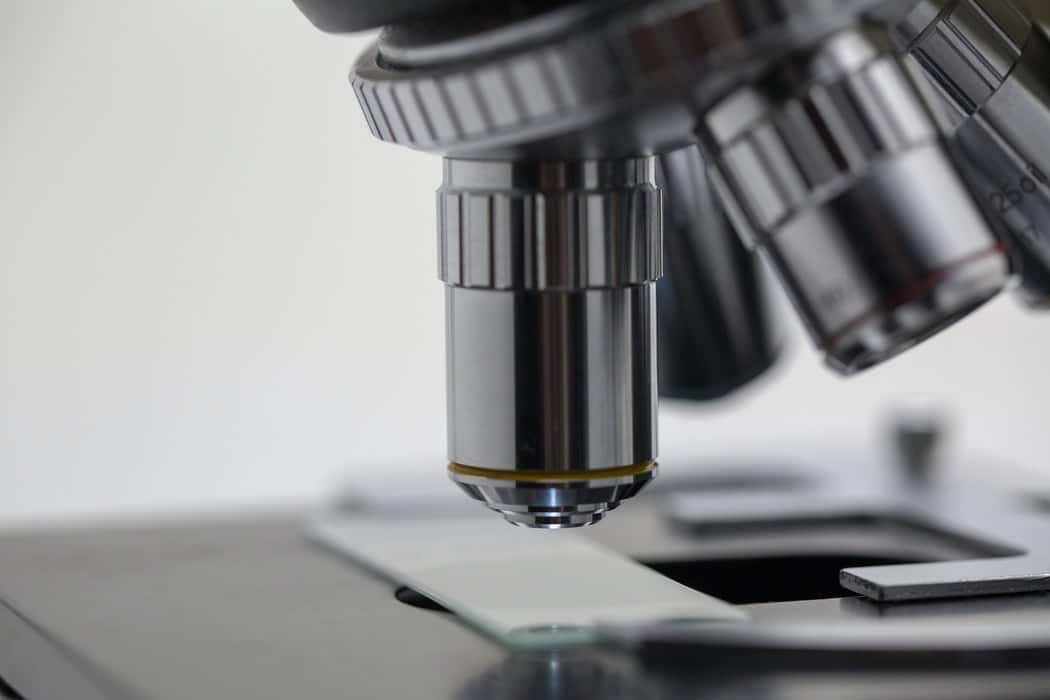A new study published by researchers at Massachusetts Eye and Ear Infirmary reveals the discovery of new biomarkers that can be used to identify hidden hearing loss. This information may be used to develop new clinical tests for this complex and oftentimes confusing condition.
Understanding Biomarkers
Biomarkers are a set of measurements that indicate what may be happening inside your body at any given time. Simple biomarkers include your body weight and blood pressure; additional biomarkers can be collected by testing your blood, urine or tissue.
Biomarkers are often used as an early warning sign for your health. Knowing high blood pressure is a biomarker for heart disease risk gives you a chance to make heart-healthy changes to your lifestyle including taking daily walks around Foster Park or quitting smoking.
New Hearing Loss Research
After analyzing data from the records of more than 100,000 patients, Aravindakshan Parthasarathy and his team noted that one in every 10 patients who arrived at an audiology clinic complaining of hearing problems produced a normal audiogram.
They proceeded to conduct two tests on 23 adults who presented with clinically normal hearing.
The first test was used to determine how well the earliest stages of sound processing in the brain was encoding fluctuations in soundwaves. This was done by measuring the electrical signals on the surface of the patient’s ear canals.
The second test asked patients to focus on a speaker while background noise was played in the background. The researchers used specialized glasses in order to measure the changes in pupil diameter while the patients were trying to listen.
Director of the Lauer Tinnitus Research Center at Massachusetts Eye and Ear, associate professor of otolaryngology head-neck surgery at Harvard Medical School and senior author of this study further explained why determining biomarkers that can be used in future tests is so important: “If our ability to converse in social settings is part of our hearing health, then the tests that are used have to go beyond the very first stages of hearing and more directly measure auditory processing in the brain.”
To learn more about the hearing tests that are currently available or to schedule an appointment with an expert, contact Hearing Health Centers today.
